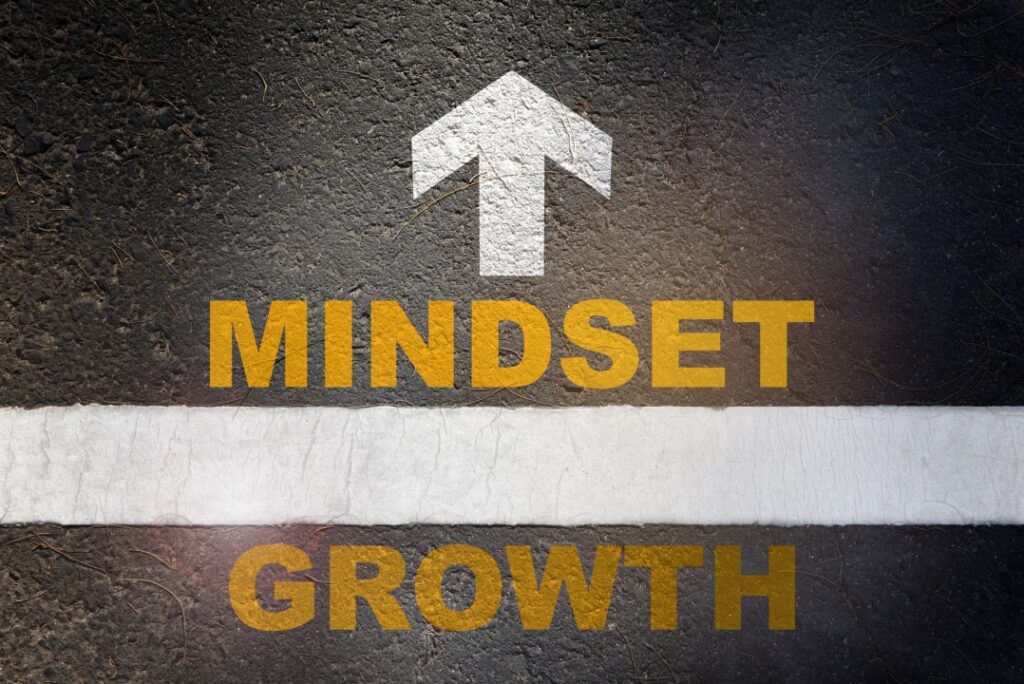Imposter syndrome and ego are often seen as opposite sides of the same coin; in some cases, they may overlap or present similarly.
Imposter syndrome can affect people from all walks of life, regardless of their profession or level of expertise. However, research suggests that it may be more prevalent among high-achieving professionals, such as academics, scientists, artists, and entrepreneurs, who are often expected to be experts in their field and produce high-quality work consistently.
This is because high-achieving professionals are often exposed to a culture of excellence, with high expectations for success, and failure or mistakes can be costly. In this environment, individuals may feel pressure to perform at an unrealistic level or think they do not belong or measure up to their peers, leading to self-doubt and inadequacy.
Moreover, professionals in competitive fields may compare themselves to others and feel they are falling behind or not living up to their potential, exacerbating feelings of imposter syndrome.
However, the fact is imposter syndrome can affect anyone, regardless of their profession or level of achievement. Therefore, it is essential to not only recognize it, but to address its associated feelings of self-doubt and inadequacy, irrespective of the context in which they arise.
In some instances, imposter syndrome can present as ego-driven behavior, as individuals may attempt to overcompensate for their perceived inadequacies by adopting an overly confident or assertive persona. They may also seek attention or validation from others to validate their sense of self-worth, which can be ego-driven behavior.
In contrast, an inflated ego can sometimes mask self-doubt or insecurity. Individuals with an inflated ego may appear confident and self-assured, but their behavior may be driven by a need to prove their worth or mask their insecurities. In these cases, ego-driven behavior may be a coping mechanism to protect the individual from the anxiety and self-doubt associated with imposter syndrome.
Therefore, it is essential to distinguish between genuine confidence and ego-driven behavior when addressing imposter syndrome. Individuals who exhibit ego-driven behavior may benefit from addressing underlying feelings of self-doubt and inadequacy. In contrast, those struggling with imposter syndrome may benefit from building healthy self-esteem and self-confidence.
As a leadership mindset coach whose clients are primarily professionals, I regularly see the egoistic manifestations of imposter syndrome. Coaches can help professionals with imposter syndrome in several ways:
- Normalize imposter syndrome: A coach can help the individual recognize that it is a common phenomenon and that many high-achieving professionals experience similar feelings of self-doubt and inadequacy.
- Identify negative thought patterns: A coach can work with the individual to identify negative self-talk and thought patterns contributing to their imposter syndrome.
- Reframe thoughts and beliefs: A coach can help the individual reframe negative thoughts and ideas into more positive and realistic ones. They can also help individuals recognize their strengths and accomplishments and build a more balanced and accurate self-image.
- Develop strategies for coping: A coach can help the individual develop strategies for dealing with imposter syndrome, such as setting realistic expectations, taking breaks, seeking feedback, and practicing self-care.
- Build resilience: A coach can help the individual build resilience and develop a growth mindset, where they view challenges as opportunities for learning and growth rather than as indicators of failure.
- Set goals and develop action plans: A coach can work with the individual to set and develop action plans for achieving them. This can help the individual focus on their strengths and take steps to overcome their imposter syndrome and achieve success.
A qualified, trained, and certified coach can provide a supportive and non-judgmental environment for professionals to explore their feelings and develop strategies for overcoming their self-doubt and achieving their goals.
They can help the individual build resilience, develop a growth mindset, and cultivate a more positive and realistic self-image, ultimately leading to greater self-confidence and success.
________________________________________________________________
My name is Dr. Martin Mendelson I am on a mission to help other professionals live more fulfilled lives by finding courage through engaging in success via mindset and positivity.



